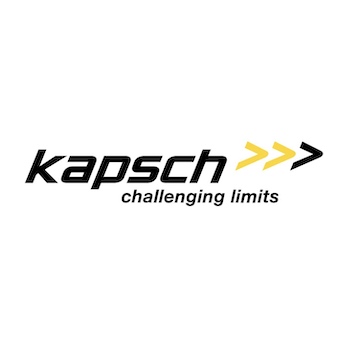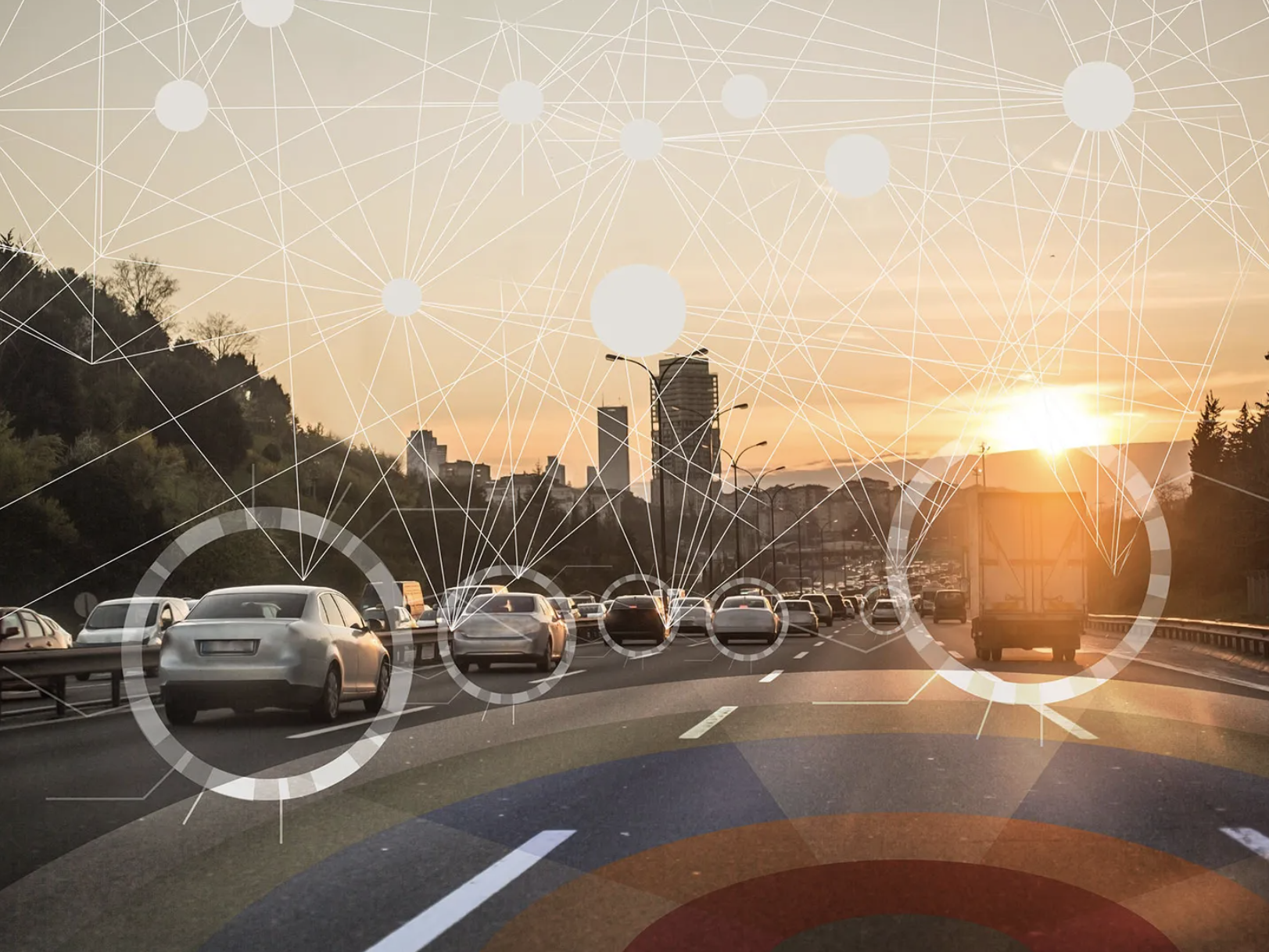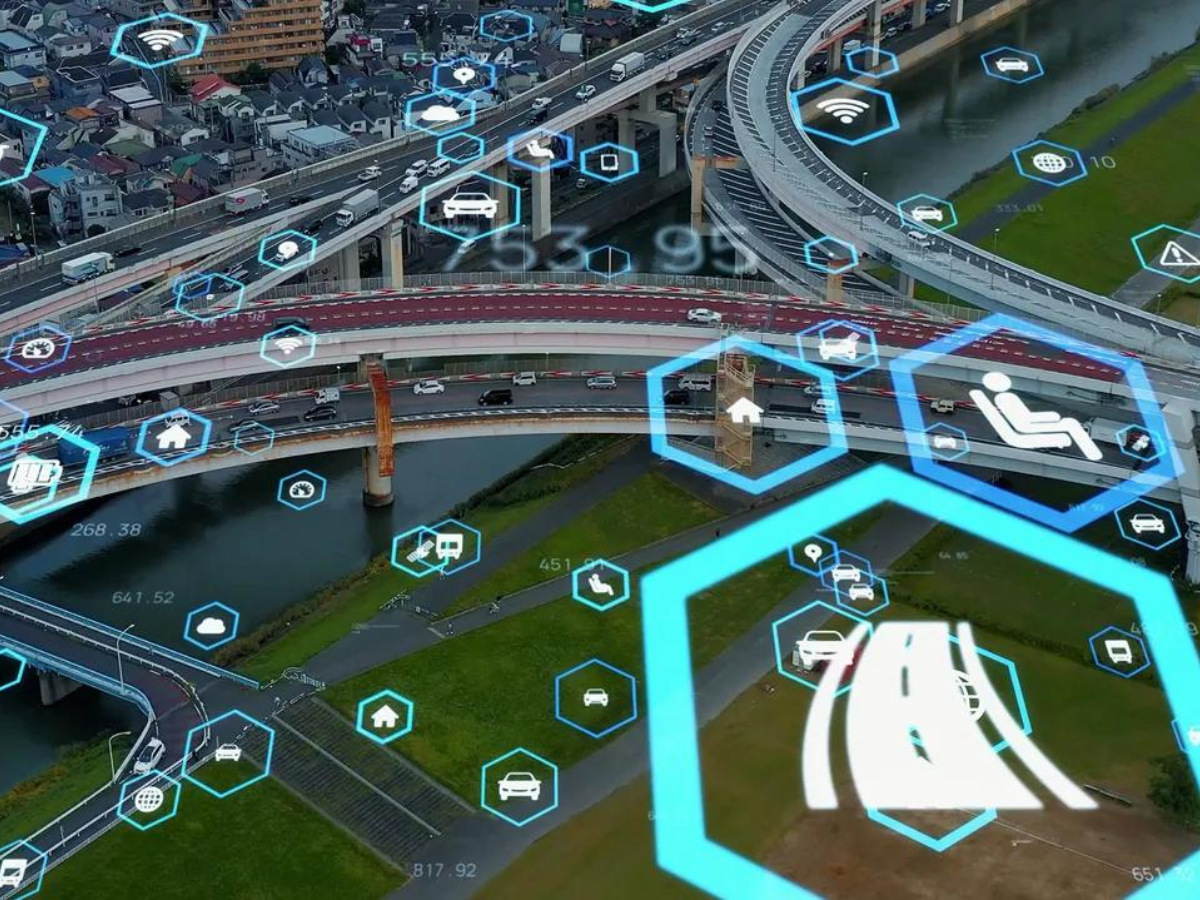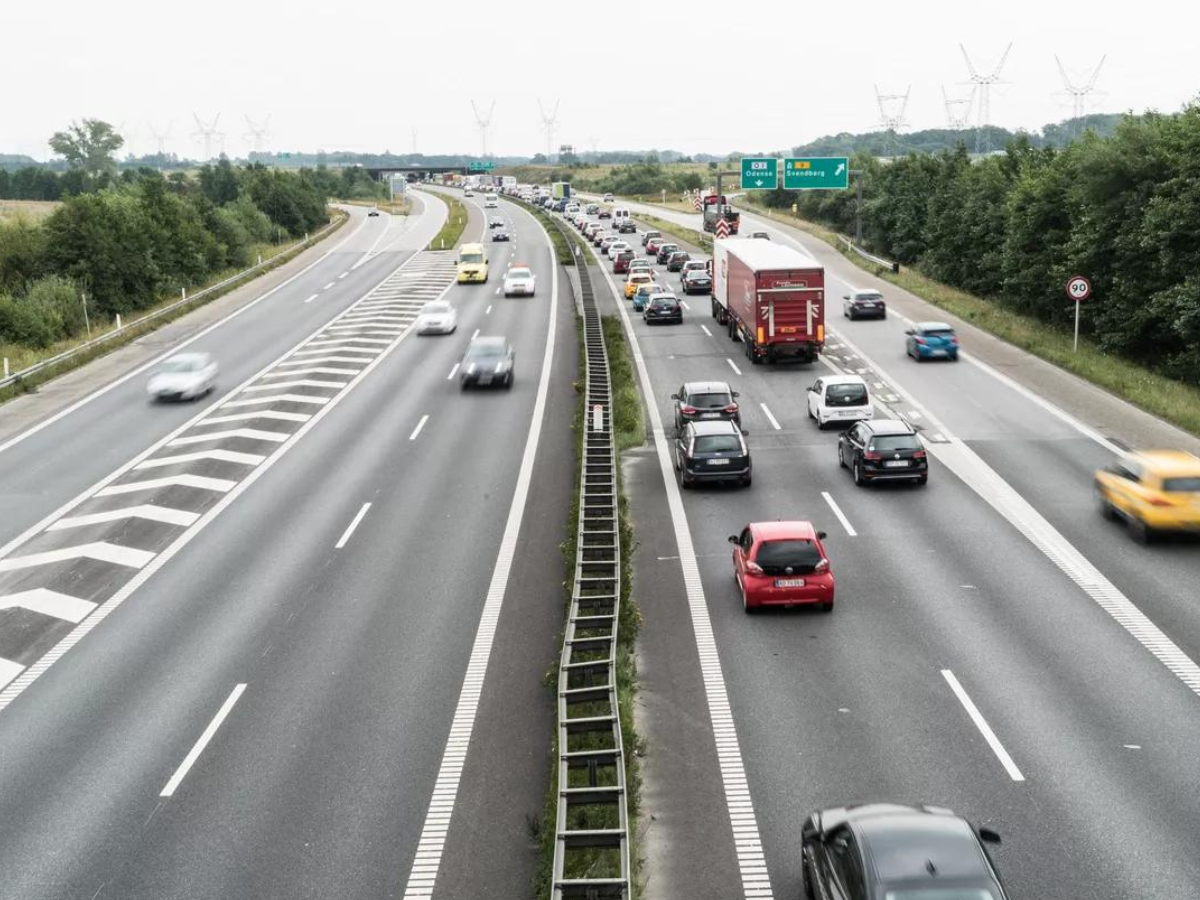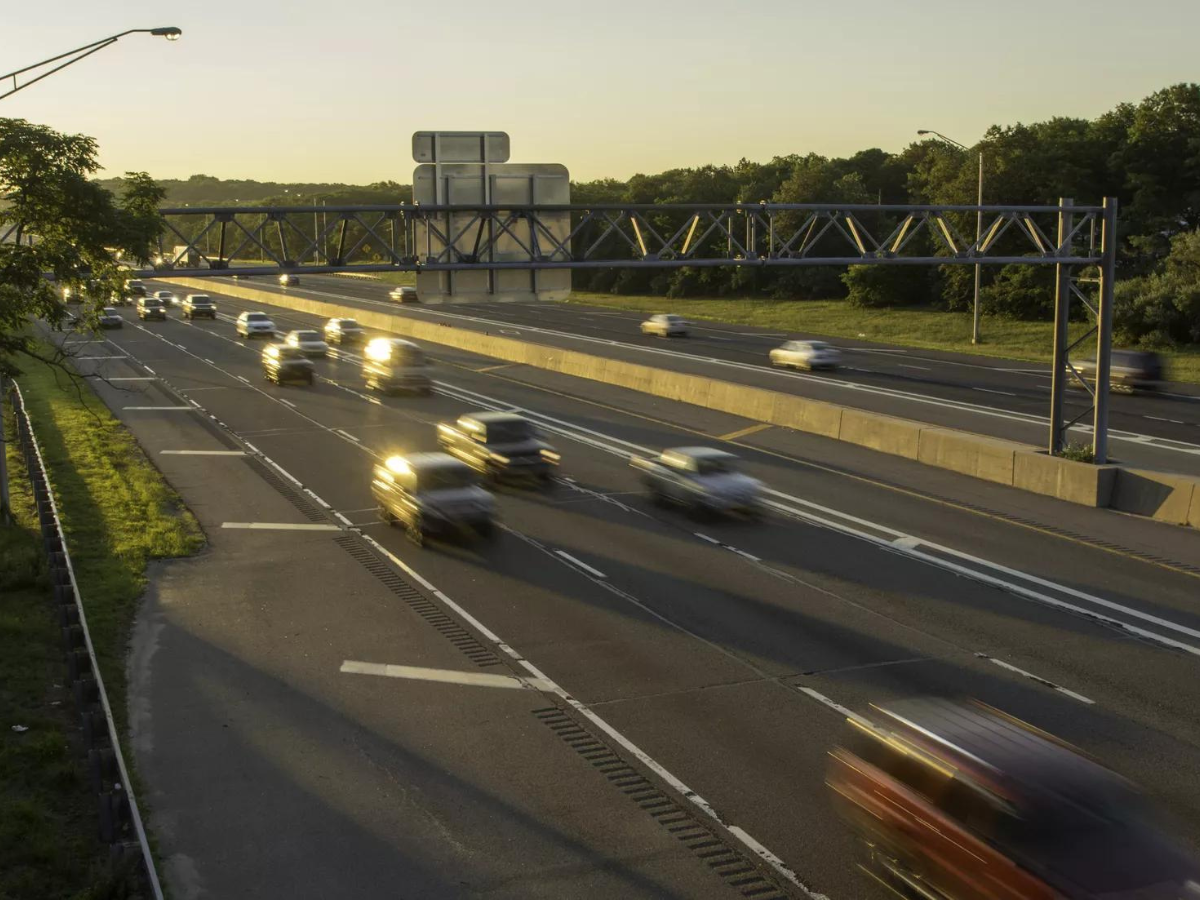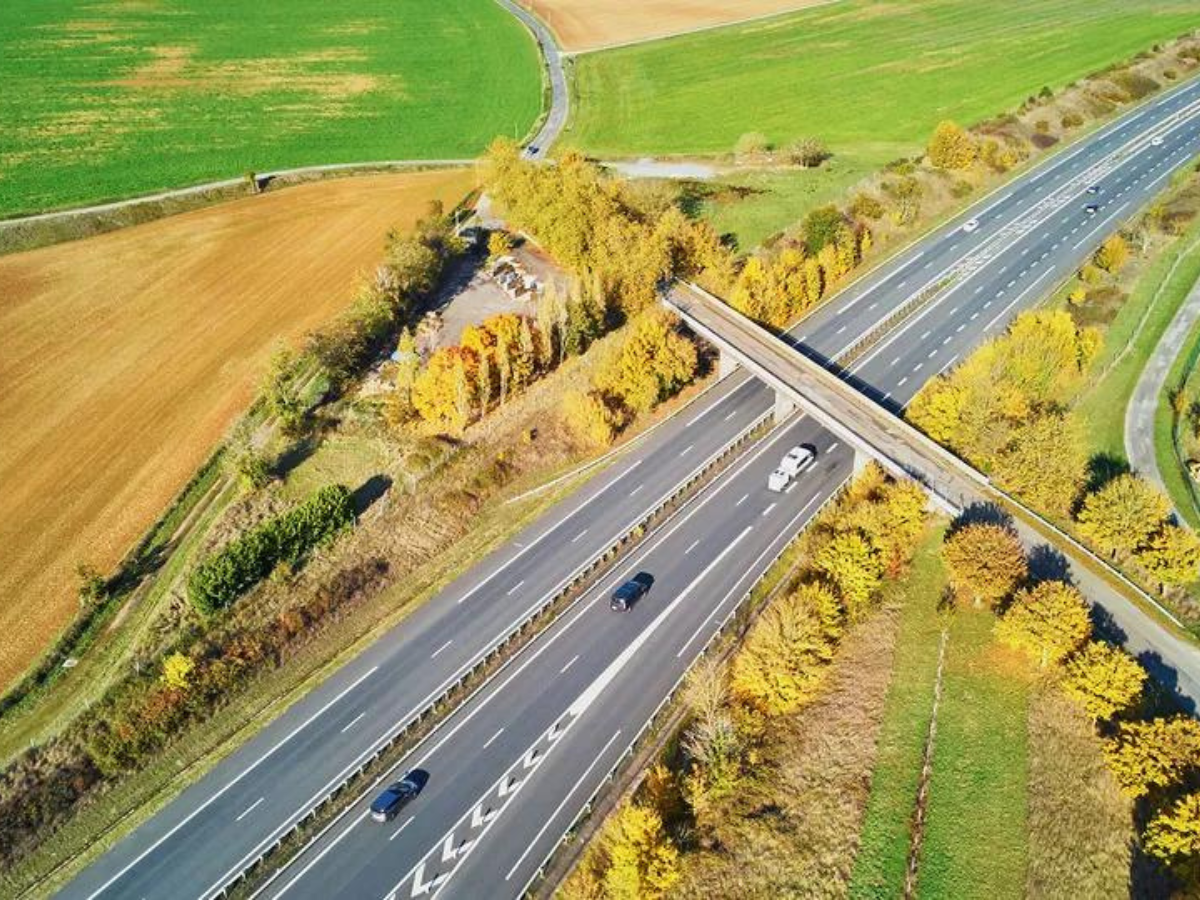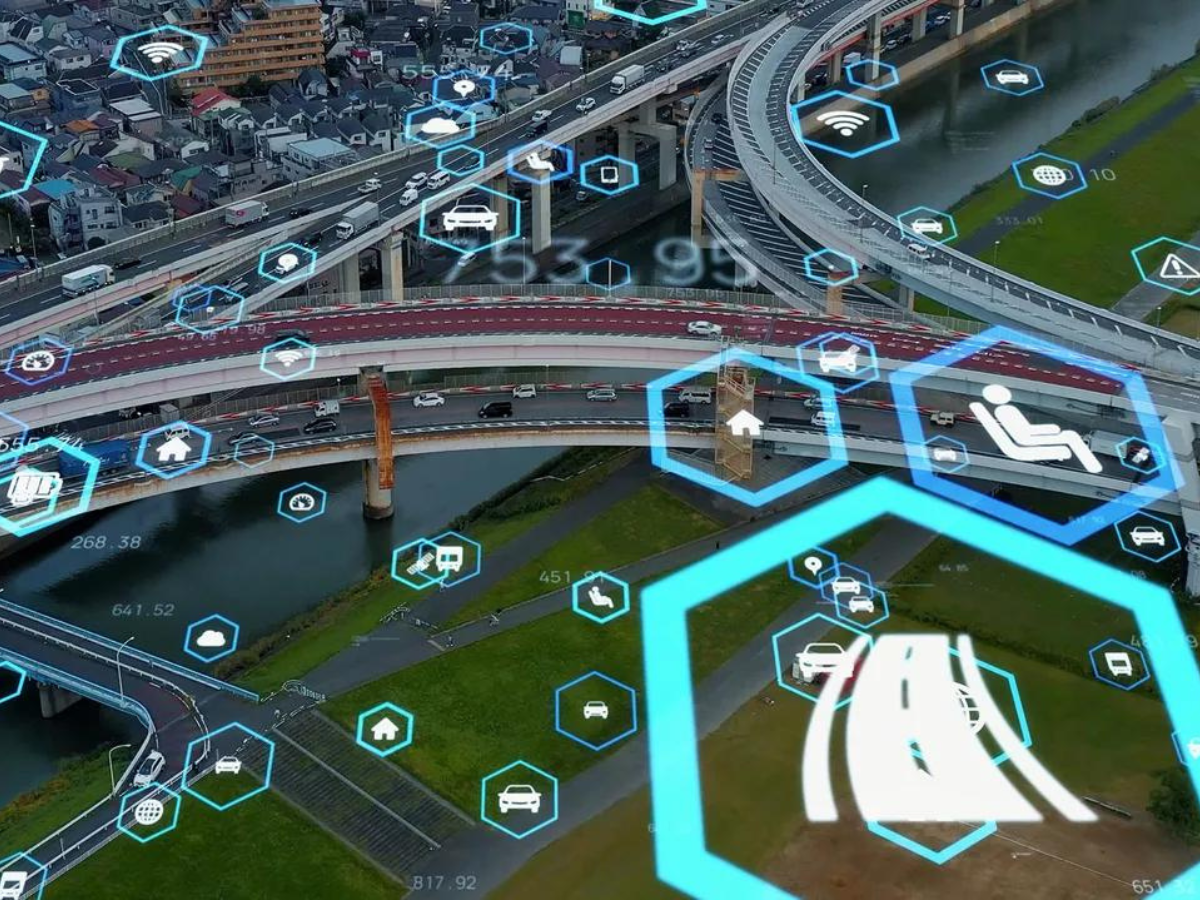Kapsch TrafficCom Wins Motorway Project in Germany
- Groundbreaking C-ITS project increases safety on motorways
- Kapsch TrafficCom supplies, installs and operates hardware and software
Kapsch TrafficCom (KTC) has signed a contract for a groundbreaking C-ITS (Cooperative Intelligent Transport Systems) project with the German Autobahn GmbH of the Federal Government on October 4, 2023.
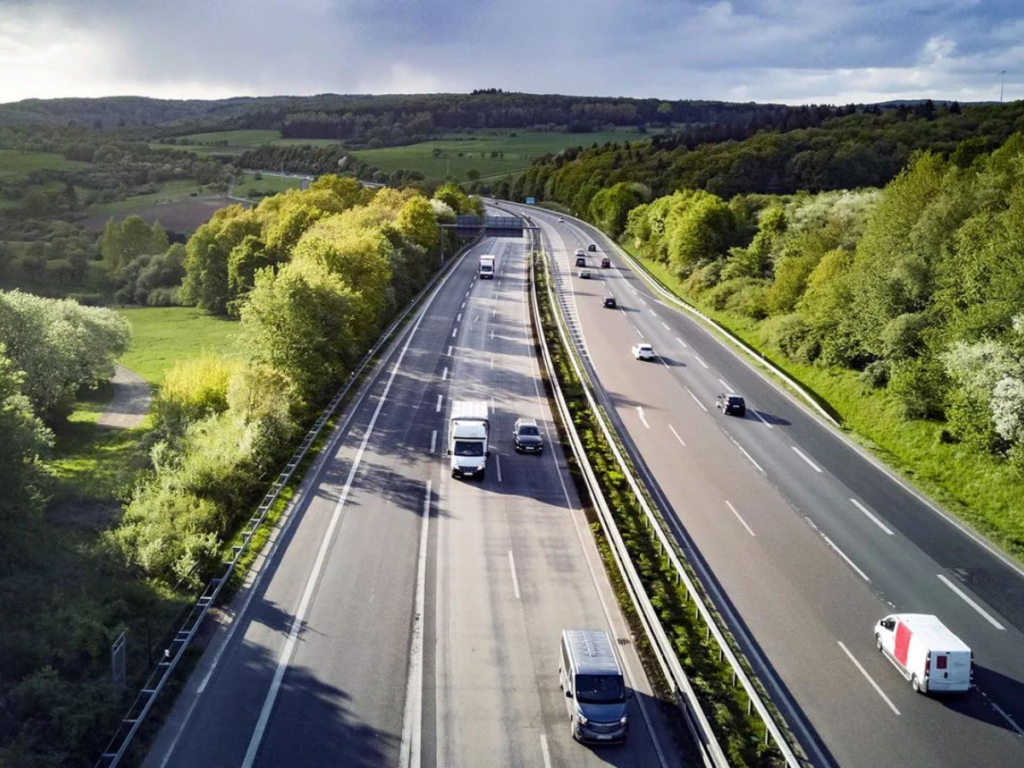
The contract is expected to be worth EUR 7 million and can grow up to EUR 36 million if all conditional stages for the introduction of further services are fully confirmed.
Under the project, mobile barrier boards indicating limited-time work sites will be equipped with so-called ITS Roadside Stations (IRS), which send warning messages directly to approaching vehicles. This can reduce the risk of accidents in dangerous road works areas, as drivers are informed more quickly and directly about road works.
Carolin Treichl, Executive Vice President EMENA at Kapsch TrafficCom, explains:We are very pleased to work with Autobahn GmbH on this pioneering European C-ITS project. Construction sites are zones with a higher risk of accidents than other road areas – and because people work on the road here, safety is particularly important.
Design, Implementation, Maintenance and Operation
In addition to around 1,200 IRS, Kapsch TrafficCom is supplying the cloud-based CMCC (Connected Mobility Control Center) software that controls the IRS and can also act as an interface to other traffic management systems. In addition to the installation of the hardware, which is carried out in cooperation with a local partner company, KTC is also responsible for the operation and maintenance of all system elements for a period of up to 12 years together with Autobahn GmbH.
Marko Frank, Sales Manager Germany at Kapsch TrafficCom, says:We have global experience with the implementation and operation of such projects to ensure the long-term availability and stability of the systems. The technology, which can also be used for urban applications, is future-proof – so further use cases can be covered with the existing hardware and software.
C-ITS Enables the Mobility of the Future
C-ITS technology can make a substantial contribution to road safety and the prevention of congestion, as relevant information can be exchanged more quickly and directly between vehicles, road infrastructure and road operators.
In addition to the essential use cases that are now being implemented in Germany, the technology can also be used, for example, to transmit warnings of traffic jams, approaching emergency vehicles or even rain or fog on the roadway, thereby preventing accidents.
In urban areas, the technology can be used above all to make high-risk zones, such as intersections, safer for all road users in order to prevent accidents and improve the general flow of traffic and mobility, whether by bicycle, car, public transport or on foot.
Marko Frank concludes:Technology offers the unique opportunity to connect all elements of the transport infrastructure and thus shape the mobility of the future. Connected vehicles create more safety, reliability, speed and, above all, sustainability.
This article was originally published by Kapsch TrafficCom.


